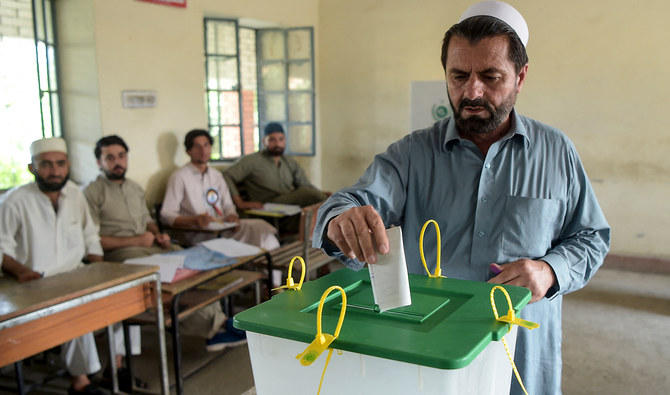“The Authorities Should Tread Very Carefully” – What is the Reason for Rising Euroscepticism in Georgia?
Why did Georgia fail to get any tangible results from the Riga summit and what message did the returning politicians bring the people? Is Georgia losing its positions in the West? Georgian Journal sat down with Teona Lavrelashvili, former president of European Youth Parliament and a legal advisor in Brussels, to find answers to these questions and many others:
– Although the Georgian side’s representatives have unanimously claimed that they have achieved success within the framework of visa liberalization plan, it also needs to be pointed out that results in matters such as this are not achieved purely through technical means. There also exists a major factor of political will, which turned out to be in short supply – at this stage, at least. We also cannot ignore the bitter fact that Georgia’s prospect of EU membership, despite existing ideologically, is still quite distant physically. Unfortunately, our political establishment either does not or cannot face this fact, which results in them fostering exaggerated expectations in the population. The authorities should tread very carefully in this regard, because their actions may provide a fertile ground for euroscepticism to grow.
– Are you implying that our optimistic expectations of the Riga summit were created by ourselves and that Irakli Gharibashvili’s statement about a political decision on Georgia having already been made is detached from reality?
– The people were led to falsely believe that the Riga summit would inevitably end in Georgia getting a visa liberalization agreement; however, due to bureaucracy slowing everything down, this was not possible even in a technical sense, and don’t get me started on the political aspects. I am not saying that attainment of visa liberalization is impossible for Georgia, but political communication with our citizens needs to be straightened out. We must acknowledge that walking the road towards Europe requires patience, determination and diligence instead of honeyed words and attempts to score political brownie points.
On the other hand though, the European Union, true to its role of a “soft power,” tries to be very careful in its actions to avoid irritating Russia. It knows full well that if it does not play by Russia’s rules, the consequences will be dire; however, the EU also doesn’t want the Eastern Partnership countries to lose their motivation. In a tense situation such as this, Georgia needs some serious willpower to keep itself from swerving off the track.
– The opposition states that the rule of Georgian Dream party has resulted in country starting to lose its positions in the West. Are their claims true?
– Despite Georgia continuing its movement towards Europe, the opposition’s statements are not entirely without merit, especially when they say that Georgia lacks a proactive diplomatic approach. This is starkly visible at all levels, from top European political circles to civil society engagements. We are asked the question “Is it true that Georgia has turned from its European path and now wants to join the Eurasian Union?” not only by our own citizens, but by representatives of ruling European parties. Unfortunately, the currently predominating opinion in Brussels is that Georgia needs more communication with them. This does not mean that we need more lobbyists that are only after financial gain; what we need is Georgian professionals working to constantly keep Georgian interests on the European Union’s agenda.
– The Riga summit sent quite a few ripples of nihilism and skepticism through Georgian society. Is there a danger of the people, disgruntled by the West’s overly careful policy, demanding to change the political course?
– I would lie if I said that this nihilism will not increase even further, since the EU seems content to continue tip-toeing around Russia in the observable future. Georgian authorities know this all too well, but in defiance of political theory, practice and common sense, our politicians continue to stubbornly make and spread unrealistic statements. Despite a large majority of our population still preferring the European Union to the Eurasian one, signs of euroscepticism are already visible.
– Russian propaganda, which has recently become very active, is doing everything in its power to foster euroscepticism further. What is Georgian government doing about this?
– Nothing, aside from meekly claiming that Georgia’s EU membership does not represent a danger to Russia. To tell you the truth, I take such statements with a large grain of salt, since Russia does not intend to change its foreign policy and interests. On the contrary, it tries to boost its influence and strengthen the Eurasian Union even further. Our political establishment needs to realize that the EU is a partner of Georgia as a whole, and not some political force within it. Our political climate needs to become healthier; political careers should not be built through spewing insults at opponents. This only causes people to trust the authorities less, election turnouts to dwindle and a democratic legitimacy crisis to appear on the horizon, not to mention the danger of degrading to clannishness and seeing the same faces in the government for decades.
I sincerely hope that the next generation will acknowledge these problems and detoxify our political climate, with interest in Georgia’s overall well being triumphing over petty greed of political parties.
Author: Rusudan Shelia


